Greater Cincinnati Behavioral Health Services

Overview
Greater Cincinnati Behavioral Health Services is a mental health treatment center for people seeking treatment near Hamilton County. As part of their treatment modalities for recovery, Greater Cincinnati Behavioral Health Services provides family counseling, individual psychotherapy, and dialectical behavior therapy during treatment. Greater Cincinnati Behavioral Health Services is located in Cincinnati, Ohio, accepting community mental health block grants for treatment.
Greater Cincinnati Behavioral Health Services at a Glance
Payment Options
- Community Mental Health Block Grants
- Medicaid
- Other State funds
- Private health insurance
- Cash or self-payment
Assessments
- Comprehensive mental health assessment
- Screening for tobacco use
- Comprehensive substance use assessment
Age Groups
- Adults
- Children/adolescents
- Young adults
- Seniors or older adults
- Seniors
Ancillary Services
- Assertive community treatment
- Intensive case management
- Case management service
- Court-ordered outpatient treatment
- Family psychoeducation
Highlights About Greater Cincinnati Behavioral Health Services
6.82/10
With an overall rating of 6.82/10, this facility has following balanced range of services. Alcohol Rehabilitation: 8.21/10, Drug Rehab and Detox: 6.00/10, Insurance and Payments: 6.00/10, Treatment Options: 7.09/10.-
Alcohol Rehabilitation 8.21
-
Treatment Options 7.09
-
Drug Rehab and Detox 6.00
-
Insurance and Payments 6.00
Treatment At Greater Cincinnati Behavioral Health Services
Treatment Conditions
- Mental health treatment
- Alcoholism
- Substance use treatment
- Co-occurring Disorders
Care Levels
- Outpatient
Treatment Modalities
- Family counseling
- Individual psychotherapy
- Dialectical Behavior Therapy
- Group counseling
- Marital/couples counseling
Ancillary Services
Languages
- Sign language services for the deaf and hard of hearing
- Spanish
Special Programs
- Clients who have experienced trauma
- Persons 18 and older with serious mental illness (SMI)
- Clients with co-occurring mental and substance use disorders
Get Help Now
Common Questions About Greater Cincinnati Behavioral Health Services
Contact Information
Other Facilities in Cincinnati
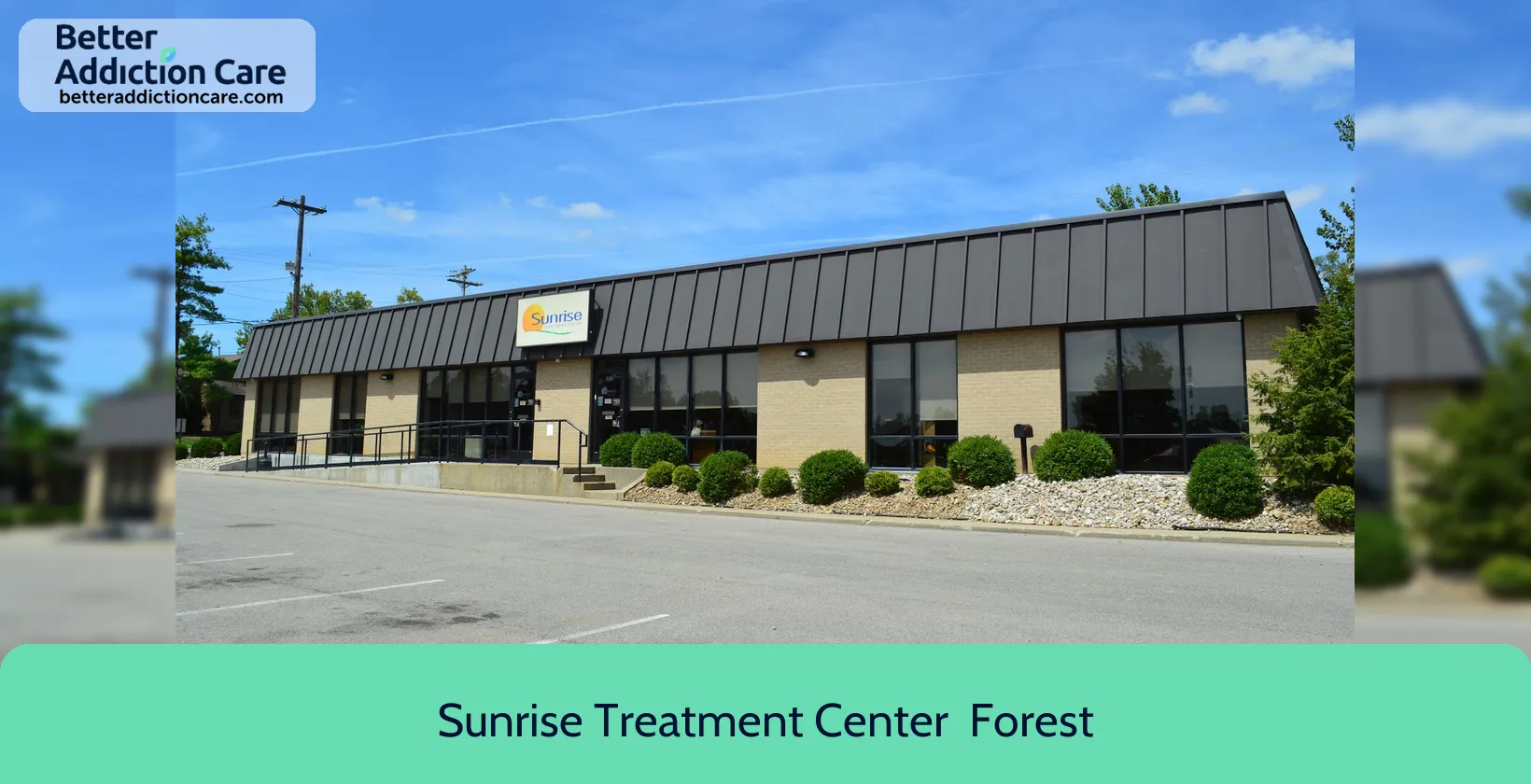
7.48
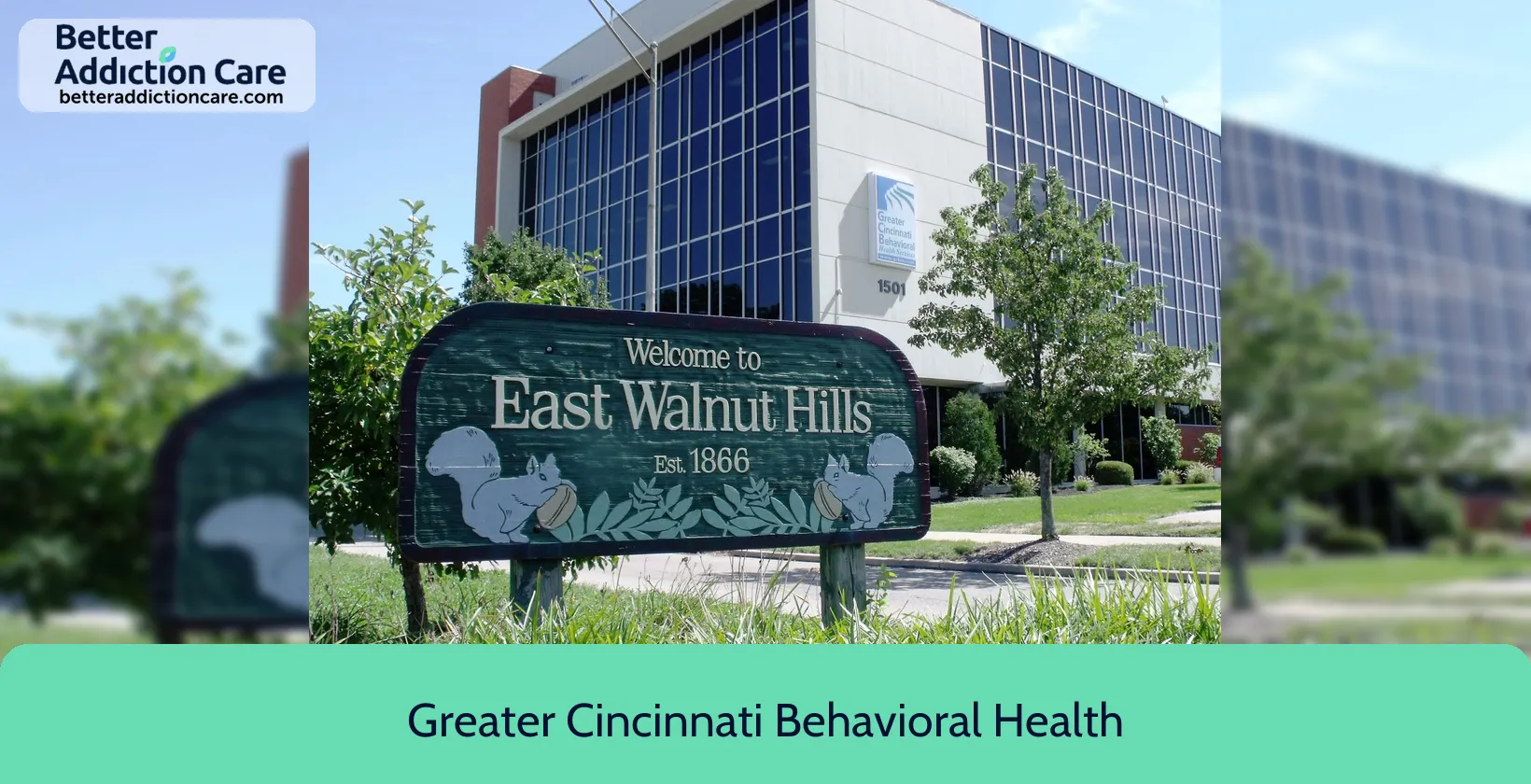
6.65
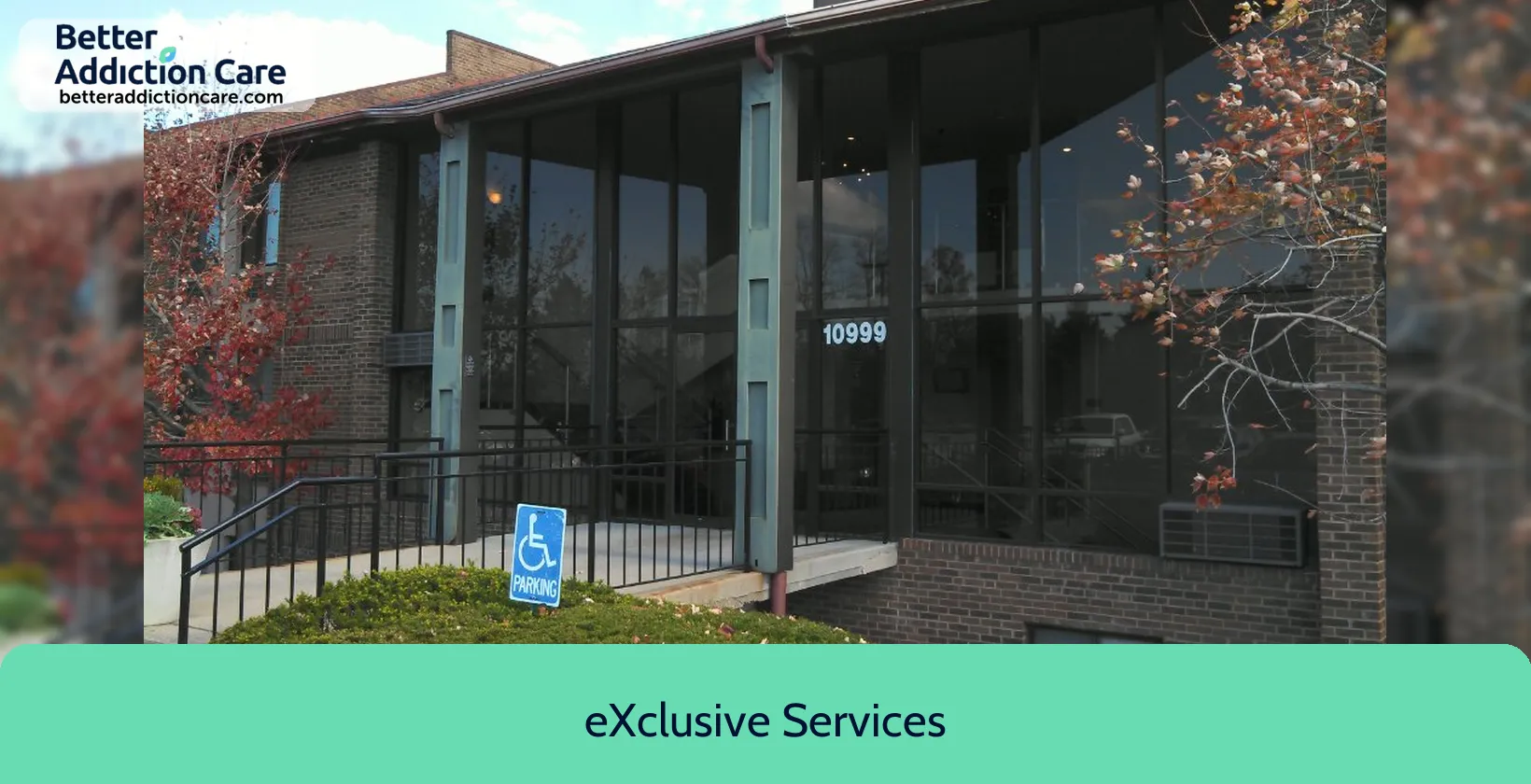
7.68
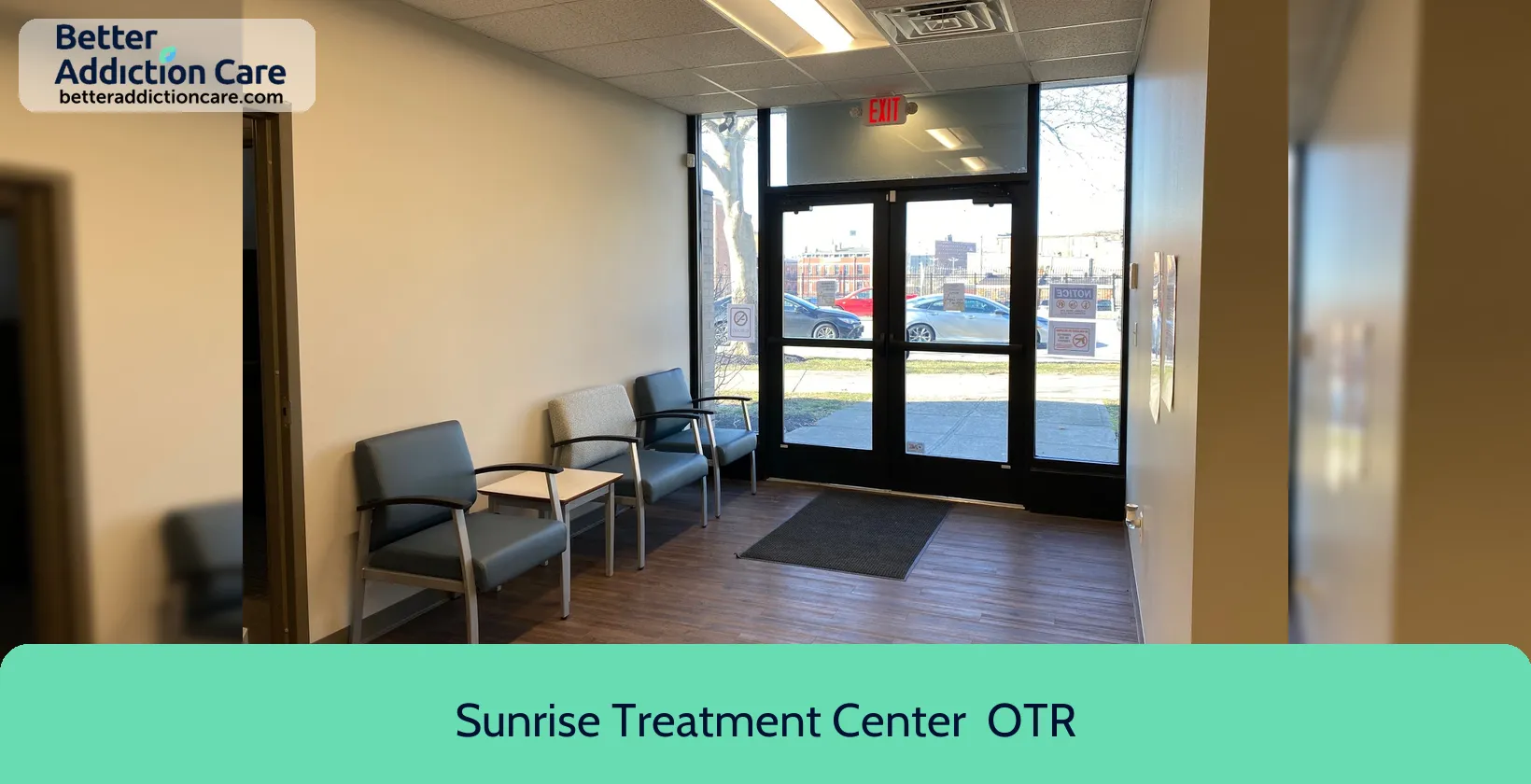
7.51

6.56
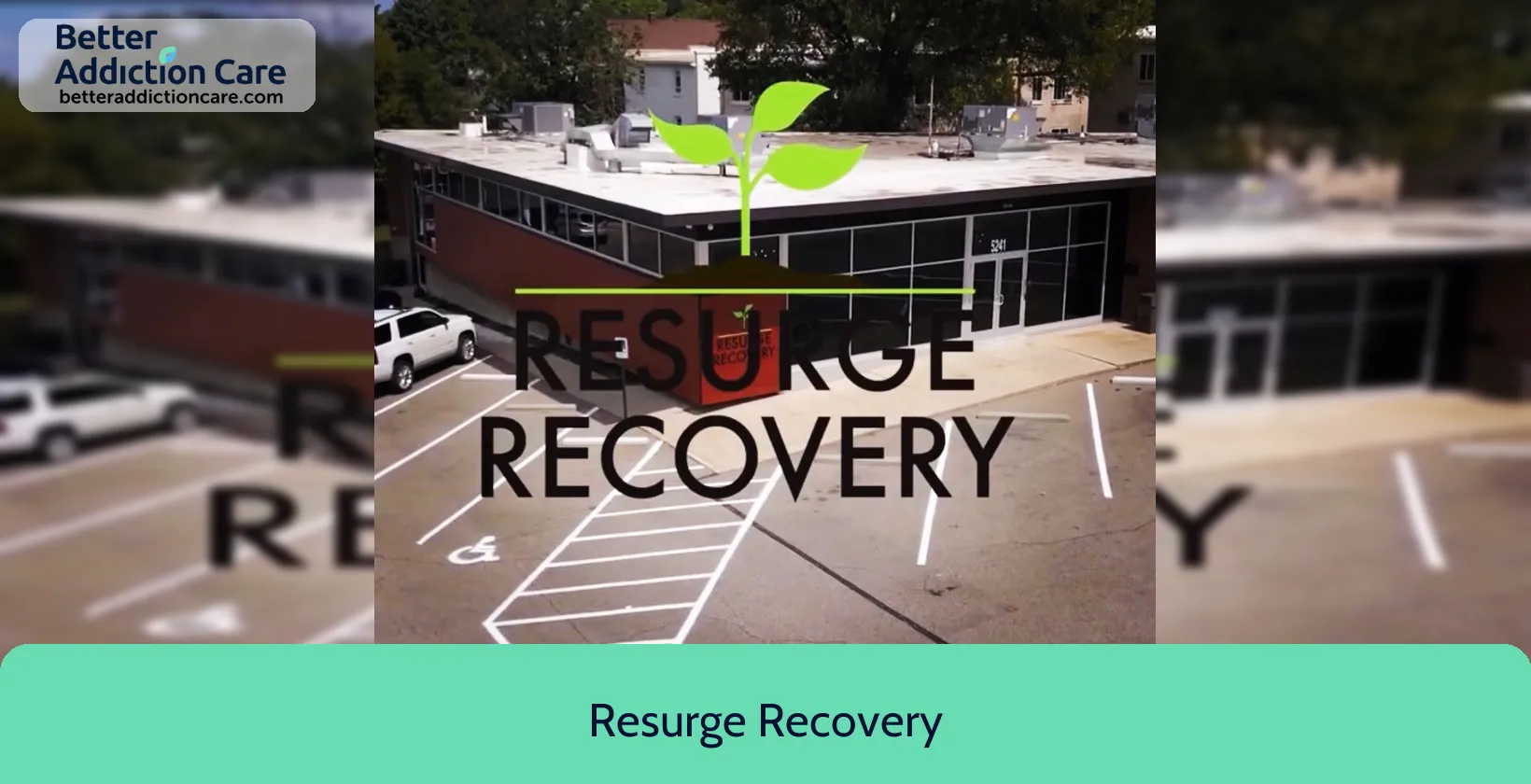
7.68
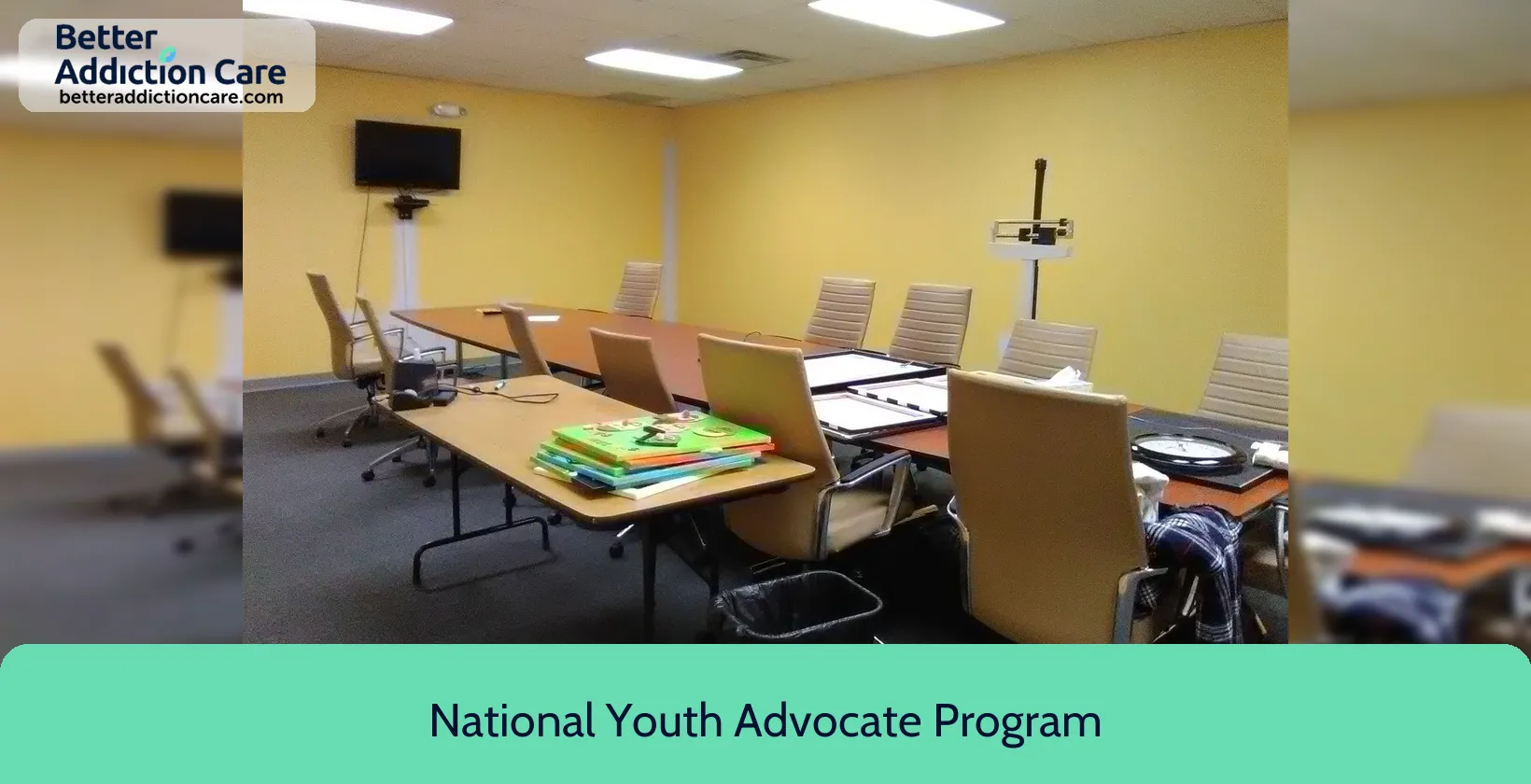
6.83
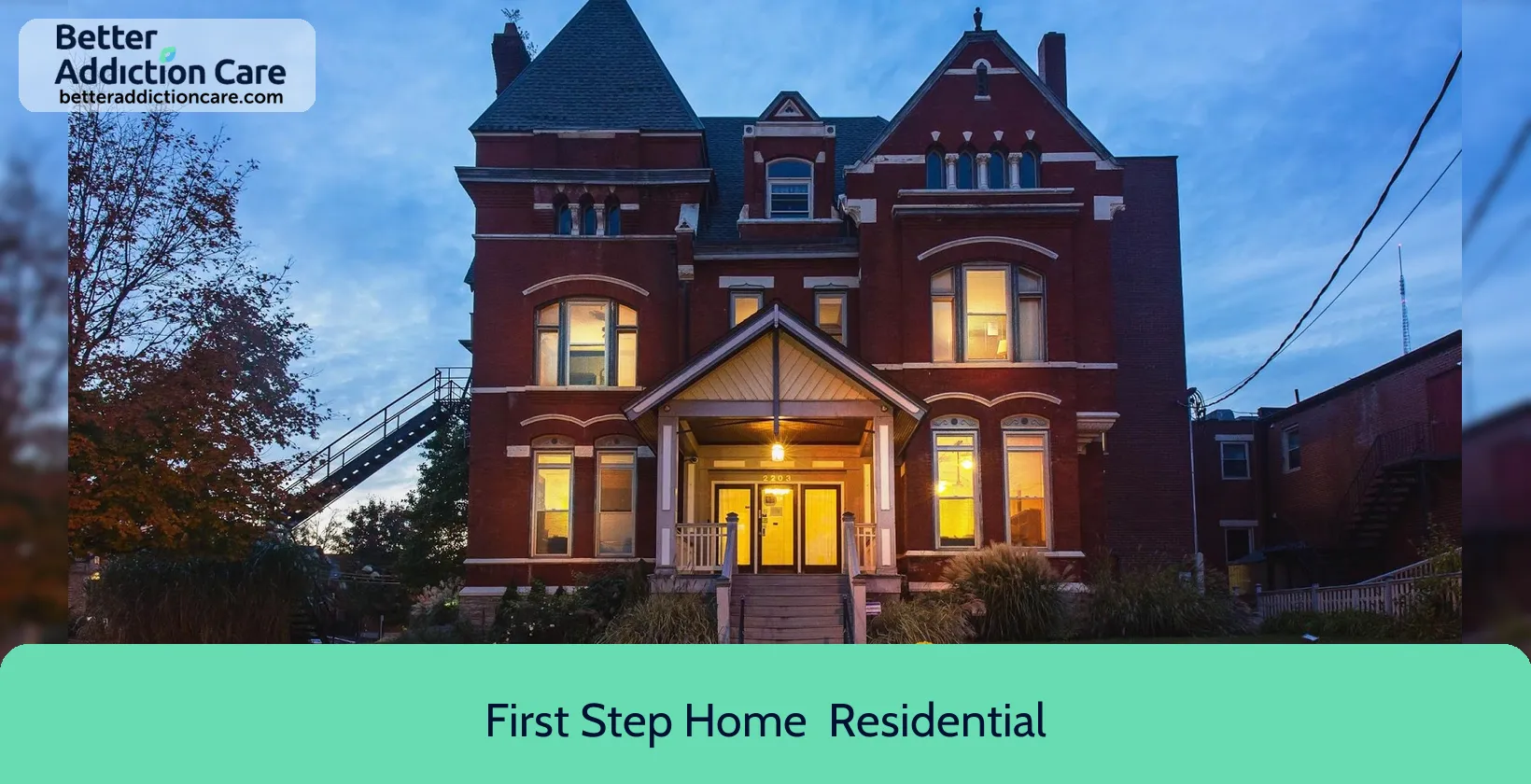
7.45
DISCLAIMER: The facility name, logo and brand are the property and registered trademarks of First Step Home - Residential, and are being used for identification and informational purposes only. Use of these names, logos and brands shall not imply endorsement. BetterAddictionCare.com is not affiliated with or sponsored by First Step Home - Residential.
